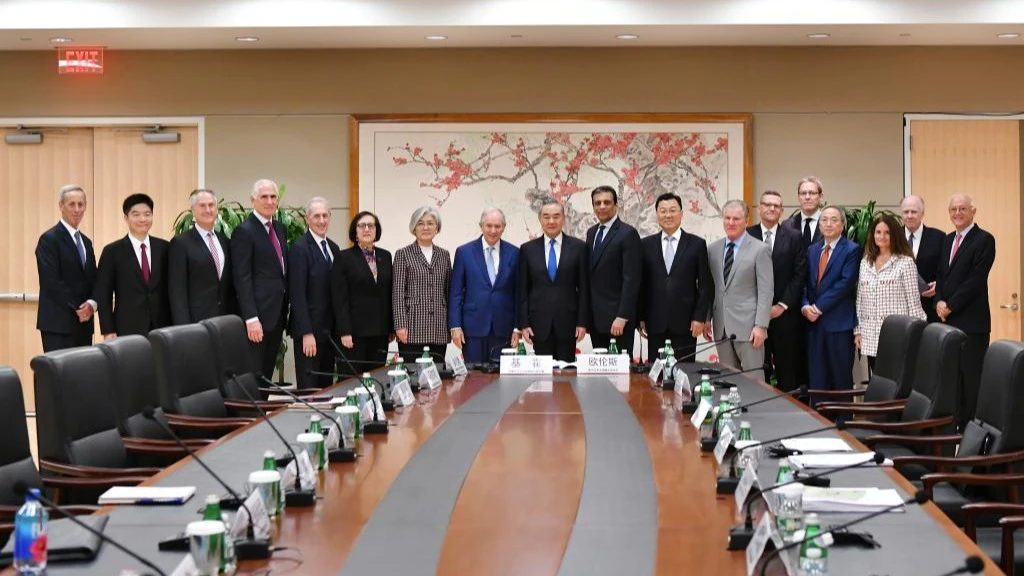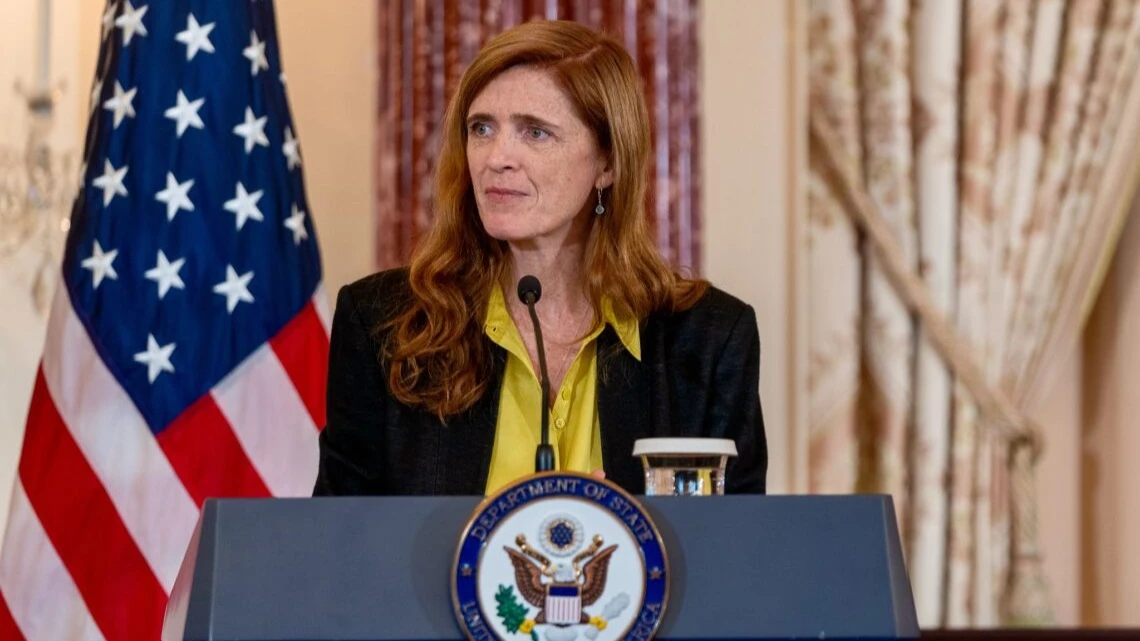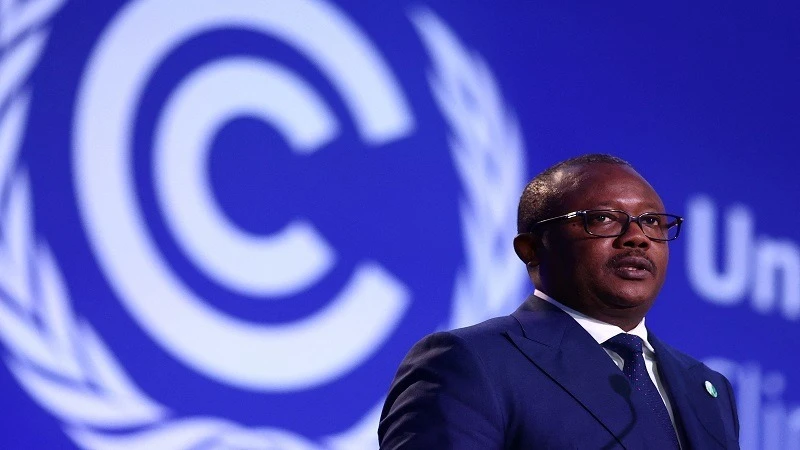Stakeholders hail decision to make EU mercury-free

ENVIRONMENTAL and health stakeholders have hailed the European Council (EC)’s recent decision to adopt a regulation to completely ban the use of dental amalgams and to prohibit manufacturing, import and export of other mercury-added products.
The updated rules which were adopted recently aim to ad dress the remaining use of mercury in the European Union in
line with the EU´s zero pollution ambition.
According to the new measures, exporting dental amalgam will be prohibited from 1 January 2025; the ban on
manufacturing and import in the EU will apply from 1 July 2026.
A statement issued by the Agenda for Environment and Re sponsible Development (AGENDA) expressed delight on the
decision saying that this will further heighten protection of people’s health.
Dora Swai, executive secretary of AGENDA, said the same efforts should be adopted by other governments globally to
phase down and phase out the use of dental amalgam within the provisions of the Minamata Convention on Mercury.
She said although Tanzania has regulations signed by government since 2020 to prohibit use of amalgam, the
same is still being used, especially by adults.
“Tanzania is surrounded by eight countries, from where amalgam may illegally come into the country. Educating consumers is very important; we need to continue educating the public on existing convention and guidelines relating to mercury-free dentistry,” she said.
For the part of EU, current rules already ban the use of dental amalgam for treating teeth in children under 15 years old and pregnant or breastfeeding women. The new rules will extend the prohibition to include everybody in the EU as of 1 January 2025.
Exceptions will apply when the use of dental amalgam is deemed strictly necessary by dental practitioner to address specific medical needs of a patient.
Six additional mercury-containing lamps will also be made subject to a manufacturing, import and export ban as from 31
December 2025 and 31 December 2026. The regulation will now be signed and published in the Official Journal of the EU. It will enter into force on the20th day following publication and become directly applicable in all member states.
According to the updated rules, the commission will review exemptions on the use of dental amalgam by 31st December 2029,
taking into account the availability of mercury-free alternatives.
By the same date, the commission will also re view measures taken by member states on mercury emissions from crematoria and the impact of the commission’s guidance on relevant abatement technologies.
The EU mercury regulation adopted in 2017 is one of the key EU instruments transposing the Minamata Convention, an international treaty signed in 2013 to protect human health and the environment from the adverse effects of mercury.
The 2017 regulation covers the full-life cycle of mercury, from primary mining to waste disposal, contributing to the ultimate EU objective of limiting and phasing out the use, manufacturing and export of mercury and mercury-added products over time, as spelled out in the EU strategy on mercury.
The European Parliament and Council adopted their negotiating positions on 17 and 30 January 2024, respectively. The two co-legislators reached a provisional agreement on 21 February 2024, after only one round of negotiations.
Tanzania is surrounded by eight countries, from where amalgam may illegally come into the country. Educating consumers is very important; we need to continue educating
Top Headlines
© 2024 IPPMEDIA.COM. ALL RIGHTS RESERVED






















